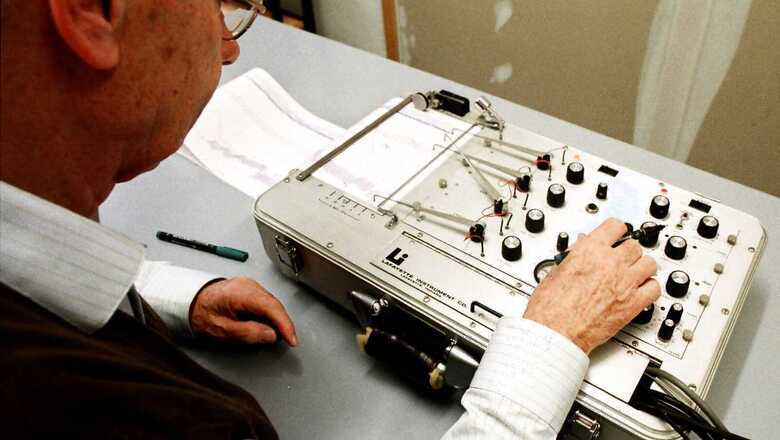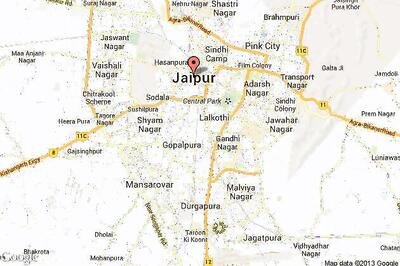
views
Police may conduct a polygraph test on Delhi murder accused Aaftab Poonawalla today. Cops have moved Saket Court seeking permission to conduct a ‘lie detector test’ on Poonawalla, who is accused of murdering his live-in partner Shraddha Walkar and chopping up her body in 35 parts.
If the court gives its OK, police may conduct the test today itself. “Police team might conduct a polygraph test before the Narco test. The test is likely to be conducted in Rohini’s Forensic Science Laboratory (FSL),” a source told News18, adding that drug angle is also being probed.
A lie detector, also known as a polygraph, is a device that records physiological phenomena such as blood pressure, pulse rate, and respiration of a human subject as he answers questions from an operator; the data is then used to determine whether or not the subject is lying.
The lie detector, which has been used in police interrogation and investigation since 1924, is still controversial among psychologists and is not always judicially acceptable, Britannica explains.
The Supreme Court ruled in the Selvi vs State of Karnataka & Anr case (2010) that no lie detector tests should be administered without the accused’s consent. Volunteers must also have access to a lawyer and have the physical, emotional, and legal implications of the test explained to them by police and the lawyer. The results of the tests cannot be considered “confessions,” but any information or material discovered as a result of such a voluntarily administered test can be admitted as evidence.
The Supreme Court cited Article 20 (3), or the right against self-incrimination, which states that no accused can be forced to testify against himself. In the 1997 case of D.K. Basu vs. State of West Bengal, the Supreme Court ruled that involuntary administration of the polygraph and narcos test constituted cruel, inhuman, and degrading treatment under Article 21 of the Constitution, or the Right to Life and Liberty. It may also violate the Right to Privacy, which is a component of the Right to Life.
The results of these tests are not admissible as evidence under the Indian Evidence Act of 1871.
According to a report by HowStuffWorks, four to six sensors are attached to a person who is taking a polygraph test. A polygraph is a machine that records multiple (“poly”) signals from sensors on a single strip of moving paper (“graph”). Sensors typically record:
- The individual’s breathing rate
- The person’s pulse rate
- The individual’s blood pressure
- The perspiration of a person
- A polygraph will sometimes record arm and leg movement as well.
The questioner asks three or four simple questions to establish the norms for the person’s signals when the polygraph test begins. The polygraph examiner then asks the real questions. All of the person’s signals are recorded on the moving paper throughout the interrogation.
Read all the Latest Explainers here


















Comments
0 comment